Some breast tumors with certain genetic alterations are difficult to treat using existing therapies. Researchers at the University of Basel have now discovered an approach that involves a toxic combination with a second target gene in order to kill the abnormal cells. The first clinical trials could be starting soon.
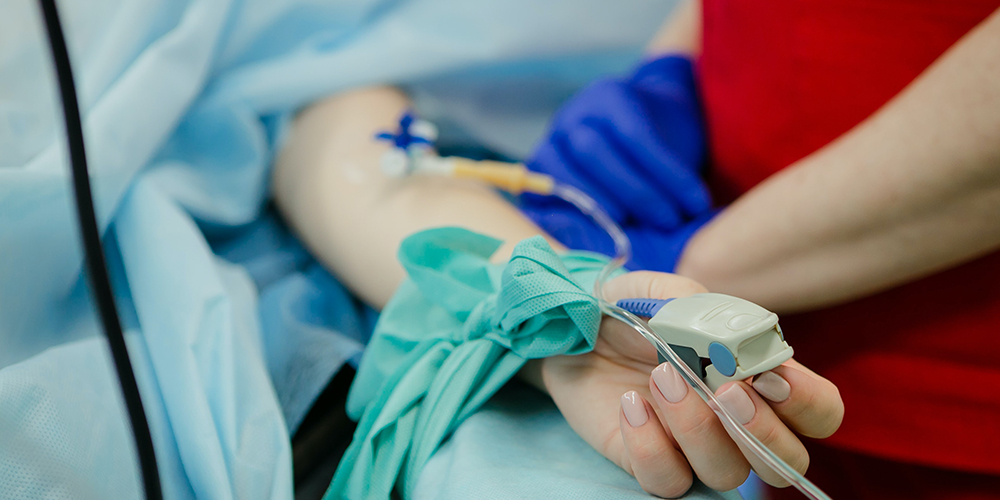
The University Council has elected Prof. Dr. George Paul Meiu as Professor of Ethnology/Anthropology at the Faculty of Humanities and Social Sciences. Furthermore, international law expert Prof. Dr. Anna Petrig has been promoted to associate professor and computational physicist Prof. Dr. Stefan Goedecker to full professor.
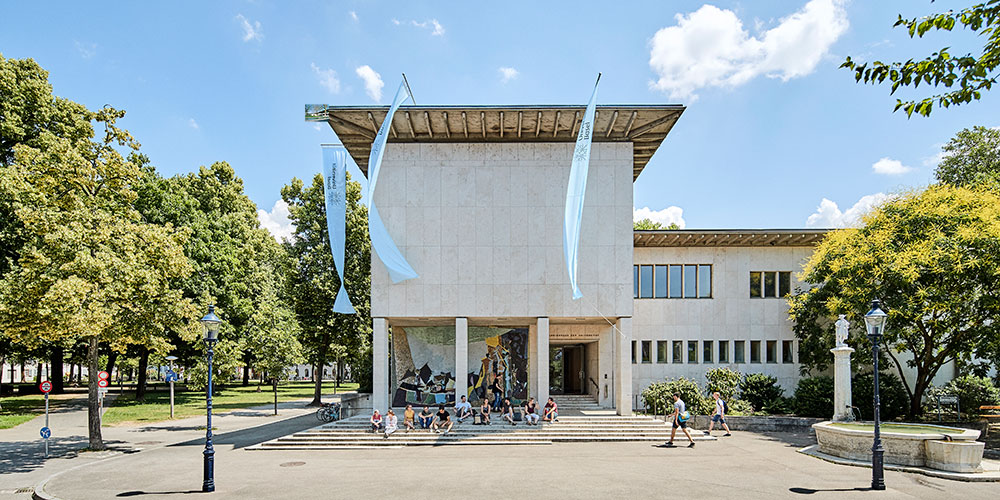
Everyone wants to stay fit and healthy as they grow old. But as we age, our body degrades, our muscles shrink and strength declines. Some older people suffer from excessive muscle loss, a condition known as sarcopenia. University of Basel researchers show that a combination therapy could delay the onset of sarcopenia.
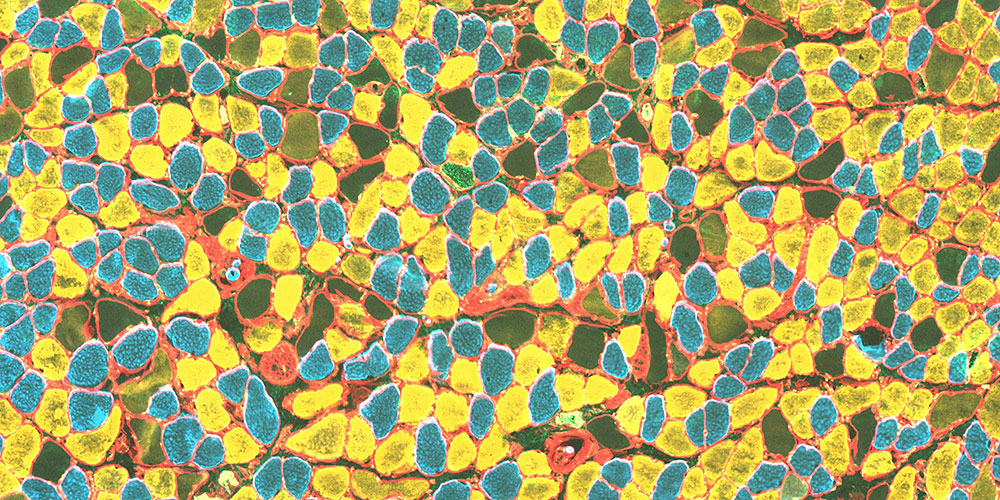
Cell therapies are the new hope when it comes to tackling diseases such as leukemia or multiple sclerosis, but they require an intensive and strenuous course of pretreatment. Researchers from the University of Basel and the University Hospital of Basel have developed an approach to make both this preparatory process and the follow-up treatment more gentle and effective. The researchers have founded a start-up with a view to further developing the approach for clinical use.
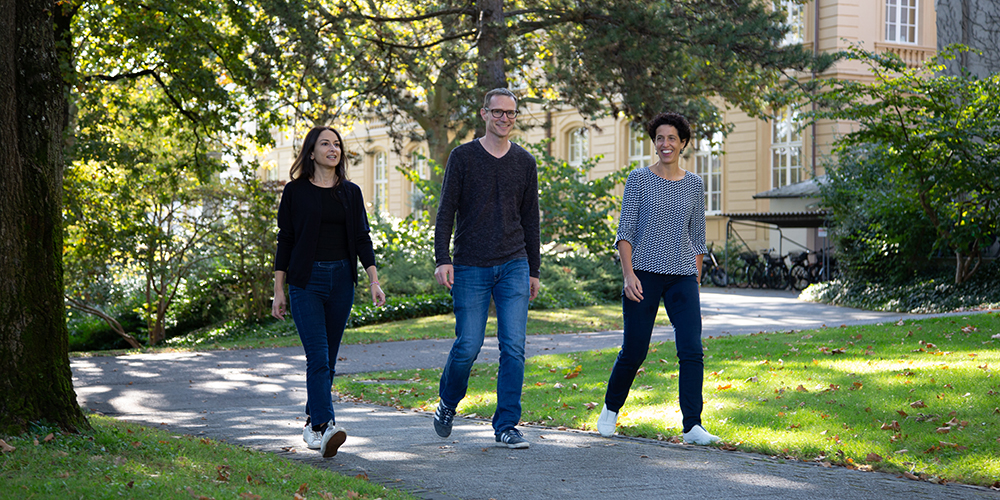
Our blood vessels must remain sealed to prevent blood leakage. During blood vessel formation vascular cells are able to reinforce their cell junctions by employing a specific protein when exposed to great forces, University of Basel scientists report.
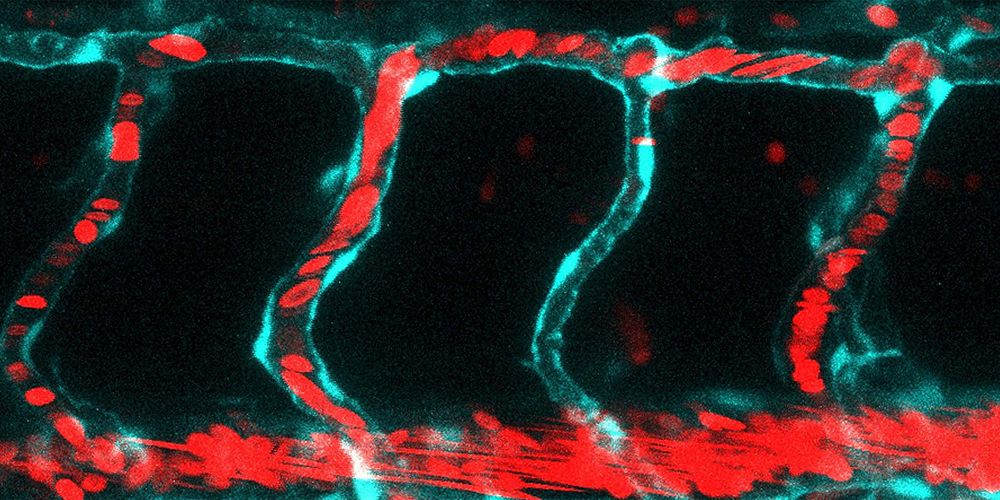
Short, humorous and full of pizazz: a new three-minute video showcases the University of Basel and its strengths.

Following a comprehensive analysis of its salaries, the University of Basel has been awarded the “We Pay Fair” label by the University of St.Gallen’s Competence Centre for Diversity & Inclusion (CCDI), indicating that salaries at the University of Basel comply with the “equal pay for equivalent work” principle that is enshrined in the Swiss constitution.
On Friday, 1 April 2022, the new headquarters of the Swiss Tropical and Public Health Institute (Swiss TPH) officially opened in the BaseLink site, an emerging life science cluster in Allschwil. Around 700 employees and students will now work, research and study in the new building.
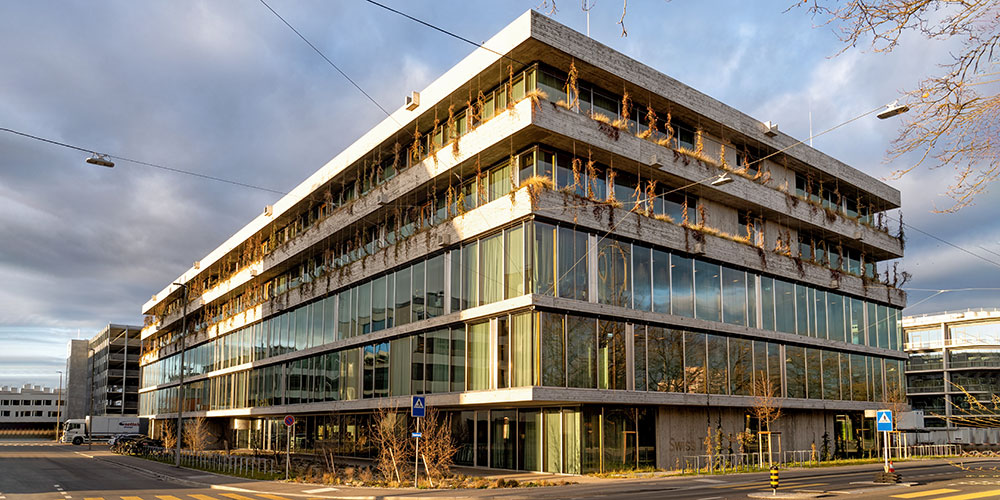
The University of Basel has appointed Andreas Müller as Professor of International Economics at the Faculty of Business and Economics. The appointment will mark a return to Switzerland for the 40-year-old professor. The University Council has also approved two professorships.

